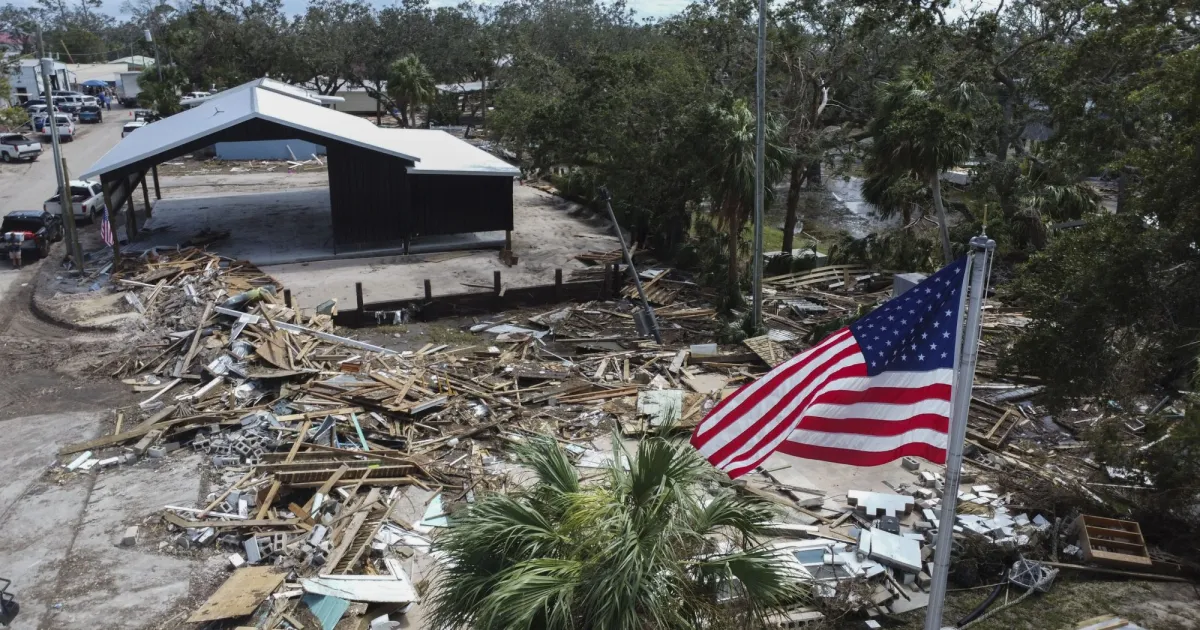North Carolina Launches Massive Rescue Operation After Tropical Storm Helene’s Devastation

In the aftermath of tropical storm Helene, North Carolina has initiated a large-scale search and rescue effort, delivering emergency supplies to isolated communities left devastated by the storm. What began as a hurricane battering Florida’s Gulf coast evolved into a destructive force across the southeastern U.S., cutting off remote areas and leaving hundreds of people unaccounted for, with many feared dead.
The storm has claimed more than 100 lives across six states—North Carolina, South Carolina, Georgia, Florida, Tennessee, and Virginia. Rescue teams are working to access cut-off towns, with the death toll expected to rise once isolated areas are reached. Roads remain blocked, and nearly 7,000 people have registered for federal aid. The U.S. National Guard is airlifting 1,000 tons of food and water to affected areas.
One of the worst-hit regions is the small town of Bat Cave in western North Carolina, where the Broad River overflowed, destroying homes and severing infrastructure. Residents described the area as “post-apocalyptic,” with one local, Aaron Smith, recounting how his home was reduced to rubble. Private helicopters were initially waved off from landing due to the unstable condition of the town’s bridge.
Nearby, the village of Chimney Rock was also destroyed by the storm, with debris and wreckage filling Lake Lure downstream. In Charlotte, City Councilman Tariq Bokhari shared footage of the devastation at Lake Lure, describing the scene as overwhelming and “beyond belief.”
State and federal recovery efforts are in full swing, with 1.8 million homes still without power. Georgia Governor Brian Kemp confirmed the loss of 25 lives in his state, while South Carolina reported at least 29 fatalities. North Carolina Governor Roy Cooper, after an aerial tour of the damage, said that significant resources would be needed for recovery and praised the ongoing work of search and rescue teams.
FEMA Administrator Deanne Criswell noted that 3,000 federal personnel are deployed across the region to assist in relief efforts. President Joe Biden, attributing the scale of destruction to climate change, vowed that the federal government would not leave until recovery is complete and may call a special session of Congress to pass additional aid funding.





















